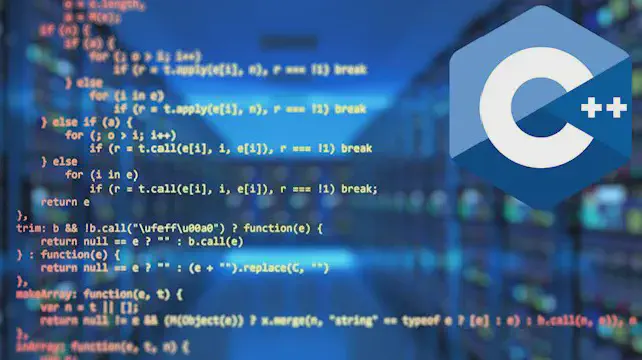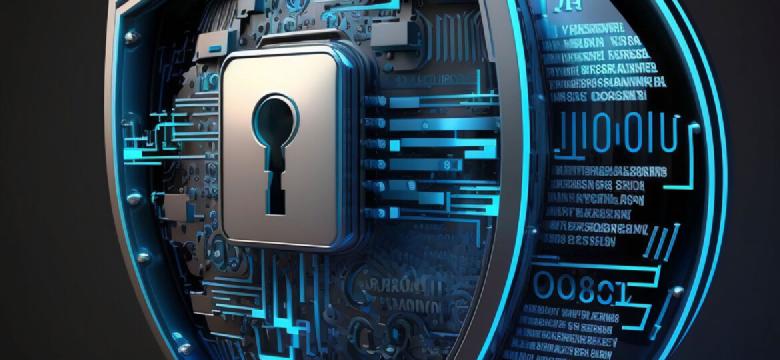Excerpt§
With careful design incorporating randomness and regular refreshes, mental hashing can provide a simple yet secure means of managing sensitive data.
Introduction§
A mental hashing algorithm refers to a process for transforming information into encoded values using only the human mind. The goal is to create hashes that are easy to remember but difficult for others to guess. Simplicity and security are key requirements for effective mental hashing.
Characteristics of a Simple Mental Hashing Algorithm§
An ideal simple mental hash algorithm has:
Minimal steps - The fewer calculations needed, the easier it is to perform and recall.
Easy to remember - It should not involve complex operations or random data difficult to memorize.
No external tools needed - The algorithm can be executed entirely in the mind without physical aids.
These attributes make the hashing process effortless to carry out from memory.
Characteristics of a Secure Mental Hashing Algorithm§
To provide adequate security, the algorithm should exhibit:
Brute force resistance - A large possible range of outputs to hinder guessing.
Difficult reverse engineering - The process should be obscure enough to conceal the input.
Incorporates randomness - The addition of random elements makes decoding harder.
Example: “Word Combination” Mental Hashing§
Here is one approach that balances simplicity and security:
Pick two random, unrelated words as your “key”. For example: “pineapple circus”.
For each letter in the input, replace it with a letter from one of the key words in sequence.
So “hello” transforms into “cecisp” using the key words.
- Add another random word at the end for extra security. Such as “cecisp blanket”.
This algorithm leverages the mind’s ability to remember words to create a hash that is easy to recall but appears random.
Advantages of Mental Hashing Algorithms§
Some benefits of using a mental hashing technique:
No physical record - The hash exists only in the mind.
Always available - You can generate the hash purely from memory whenever needed.
Extra security layer - Protects against breaches by avoiding digital or written passwords.
Limitations and Considerations§
However, there are some limitations:
Potential weaknesses based on implementation - Proper randomness is essential.
Requires frequent changes - Regular updates to the process enhances security.
Not suitable for high-security uses - Quantifiably strong hashes are better for highly sensitive data.
Conclusion§
When implemented carefully with randomness and regular refreshes, mental hashing can provide a simple yet secure means of encoding information. While not infallible, it serves as a useful tool for managing passwords and low-risk data. With some creativity, anyone can devise their own simple and strong mental hashing algorithm.















